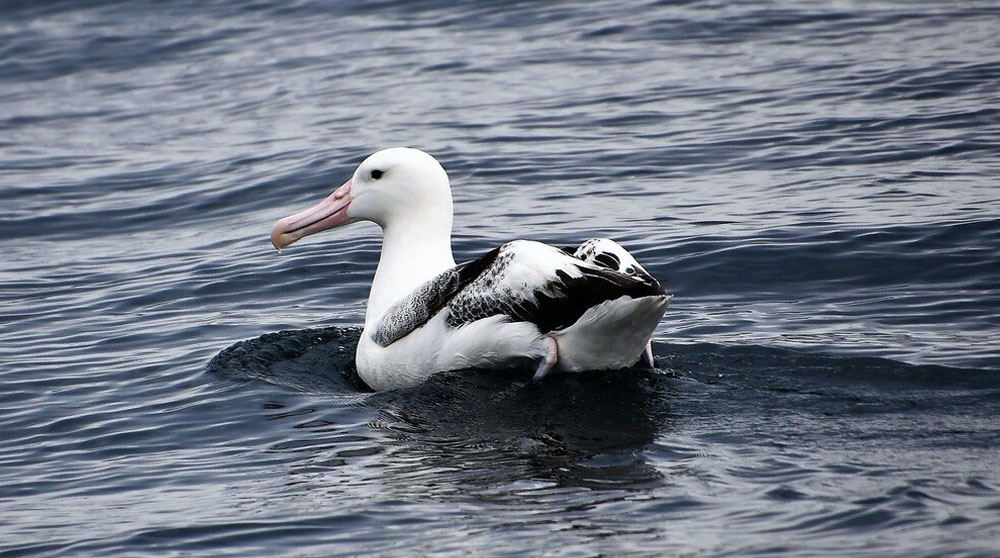
Studies conducted in recent years show that global warming has a negative impact on populations of long-lived birds, in particular albatrosses.
Sailors considered albatrosses to be the souls of those who died at sea and therefore wander the ocean expanses forever: powerful wings allow albatrosses to traverse the ocean for several years in search of food and return to land only during the mating season.
Albatrosses are monogamous: they form pairs for life, which gives them an important advantage in a volatile marine ecosystem. The warming ocean is gradually depleting it, and the birds of prey are finding it increasingly difficult to find food for themselves and their young.
Climate Change Increases Albatross "divorces"
Researchers recently discovered the devastating effects of climate change on the population of black-browed albatrosses (Thalassarche melanophris) from the Falkland Islands in the South Atlantic. Rising sea temperatures have caused these monogamous birds to abandon their partners more often.
Previously, the reason for separation could be unsuccessful mating or failure of the pair to raise a chick, but now the probability of "divorce" depends directly on the surface water temperature: the higher it is, the more albatrosses break up "marriages". Usually 1-3% of individuals decided to do this, but in 2017, when the sea warmed to its maximum values, the breakup rate rose to 7.7%.
It's harder to get food
One explanation is that albatrosses now spend more time searching for food and return to their mates shabby and unattractive, or even late to the moment of mating - then their place can be taken by another individual.
The authors of the study also suggest that global warming increases overall stress levels and birds may mistakenly blame their partner rather than external conditions. Nervous, exhausted from searching for food, individuals are more likely to destroy their relationships. Similar behavior is observed in other monogamous animals, including mammals.
What is the outlook for albatrosses?
In any case, such conditions affect albatross breeding rates and threaten the so far large population. Condition is an important indicator of food chain stability and the health of the entire Southern Ocean ecosystem, in which albatrosses play a key role. They maintain equilibrium by regulating fish populations in the surface layers of the ocean, carrying plant seeds throughout their habitat, and laying eggs that rodents and wildcats, among others, feed on.
The decline in albatross numbers could have irreparable consequences: the International Union for Conservation of Nature estimates that 17 of the 22 albatross species are already threatened with extinction.